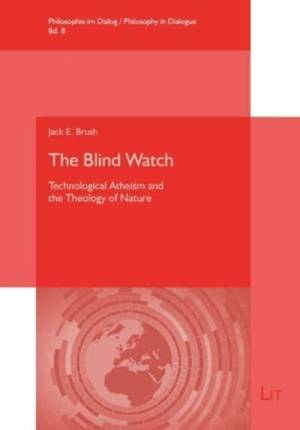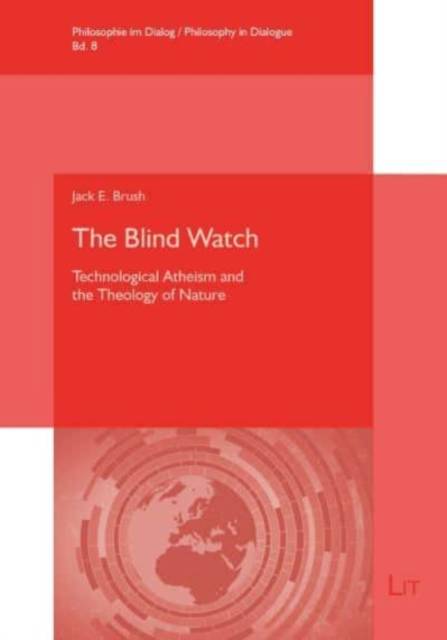
Bedankt voor het vertrouwen het afgelopen jaar! Om jou te bedanken bieden we GRATIS verzending (in België) aan op alles gedurende de hele maand januari.
- Afhalen na 1 uur in een winkel met voorraad
- In januari gratis thuislevering in België
- Ruim aanbod met 7 miljoen producten
Bedankt voor het vertrouwen het afgelopen jaar! Om jou te bedanken bieden we GRATIS verzending (in België) aan op alles gedurende de hele maand januari.
- Afhalen na 1 uur in een winkel met voorraad
- In januari gratis thuislevering in België
- Ruim aanbod met 7 miljoen producten
Zoeken
Omschrijving
The Blind Watch has a twofold purpose. Firstly, it aims to expose some of the salient inadequacies and fallacies of modern atheism. Secondly, and more fundamentally, it is intended to expand our thinking about nature in general and about the meaning of nature for a Christian understanding of human beings. For systematic reasons, the book focuses on Richard Dawkins' The Blind Watchmaker, which has become a classic on modern atheism. In contrast to Dawkins' work, the present book describes the watch, i.e. the atheistic scientist, not the watchmaker, as "blind", insofar as the scientist calculates everything, but sees very little. By confronting the atheism of Dawkins with the philosophical (Heraclitus and the Stoics) and the theological (the Apostle Paul and Augustine) traditions, the book develops a fundamental understanding of nature as nature that leads to a definition of life quite different from that of the evolutionary biologists.
Prof. Dr. Brush studied engineering, philosophy and theology at Vanderbilt University, the University of Zürich, and Harvard University. As Professor of Theology at the University of Zürich, he specialized in the relationship between science and theology.
Prof. Dr. Brush studied engineering, philosophy and theology at Vanderbilt University, the University of Zürich, and Harvard University. As Professor of Theology at the University of Zürich, he specialized in the relationship between science and theology.
Specificaties
Betrokkenen
- Auteur(s):
- Uitgeverij:
Inhoud
- Aantal bladzijden:
- 286
- Taal:
- Engels
- Reeks:
Eigenschappen
- Productcode (EAN):
- 9783643913951
- Verschijningsdatum:
- 10/01/2021
- Uitvoering:
- Paperback
- Formaat:
- Trade paperback (VS)
- Afmetingen:
- 140 mm x 210 mm
- Gewicht:
- 381 g

Alleen bij Standaard Boekhandel
+ 120 punten op je klantenkaart van Standaard Boekhandel
Beoordelingen
We publiceren alleen reviews die voldoen aan de voorwaarden voor reviews. Bekijk onze voorwaarden voor reviews.









